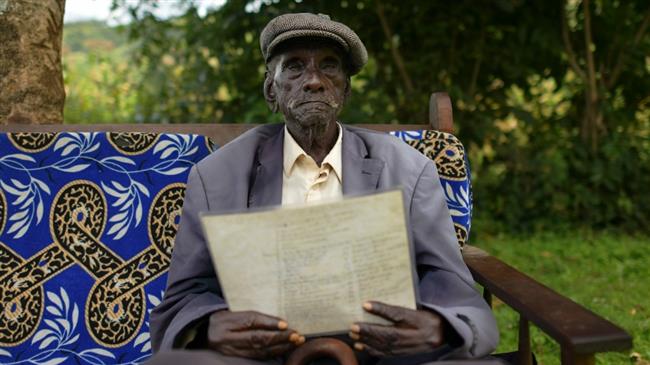UN blasts UK for colonial-era crimes against two tribes in Kenya
The United Nations (UN) has rebuked the British government for a lack of determination to compensate for its colonial-era crimes and “gross human rights violations” against two tribes in Kenya, saying London should pay for damages to settle the matter.
In a report published on Tuesday, six UN special rapporteurs wrote to the British government and expressed concern about the UK’s failure to provide “effective remedies and reparations” to two Kenyan tribes forcefully removed from their ancestral lands in the 1920s.
The Kipsigis and Talai people of Kericho County, Kenya, were brutally evicted at the time to make way for lucrative tea plantations by white European settlers.
The UN special rapporteurs said the victims suffered “gross human rights violations,” including unlawful killings, torture, sexual violence, arbitrary detention, arbitrary displacement, and violations of the rights to privacy, family life, and property, but have never received any form of compensation or redress.
The report demanded that the British government now provide responses and settle the matter with the victims, many of whom are still alive.
The UN rapporteurs underlined that the British government’s reparation should include “measures in the areas of restitution, compensation, [and] rehabilitation.”
Dickson Sitienei, one of the victims of the land grab in Kenya’s Kericho County, said his people had been fighting for their voices to be heard for many years. “If the British government thinks we will forget what they did, they are wrong,” he said. “It has been very difficult to feel ignored for so long for the terrible things they did to us. We cannot feel free until they acknowledge what they did, this is the only way forward.”
The lawyers representing the victims hailed the findings in the UN report and said they were a step in the right direction.
“Our clients have suffered their whole lives because of the appalling crimes committed decades ago and they continue to suffer today,” they said in a statement. “They deserve justice, accountability, an apology, and reparations as recommended — it is time to resolve this matter constructively in the interests of all parties.”
‘The British government must apologize’
The Kericho County governor, Paul Chepkwony, who has fought for reparations for years, expressed satisfaction with the ruling and said, “It brings me hope to know that this terrible shared history between Kenya and Britain is not being forgotten or rewritten. The British government must apologize for the crimes they committed and meet with us to discuss reparations.”
The 36,000-hectare land in question, which is said to be extremely fertile and perfect for growing tea, is currently occupied by various British and multinational tea corporations, including Findlay’s, Williamson Fine Tea, and Unilever.
The two Kenyan tribes filed a complaint with the UN in 2019 and demanded an investigation into the matter. The British government was given 60 days to respond to the allegations and was urged to take the necessary measures to stop the violations, but has yet to respond.
Anthropic resists US War Department push for unrestricted AI access
Iran naval unit returns from drill, cmdr. vows to defend borders to ‘last breath’
VIDEO | Press TV's news headlines
Paris silencing pro-Palestine voices
Iran raises alarm at ‘environmental consequences’ of US militarism
Iran: UN Security Council inaction on Israeli crimes ‘catastrophic’
Report: US intel debunks Trump's claim of Iran working on ICBMs
Vance says 'skeptic of military intervention' after progress in Iran talks










 This makes it easy to access the Press TV website
This makes it easy to access the Press TV website